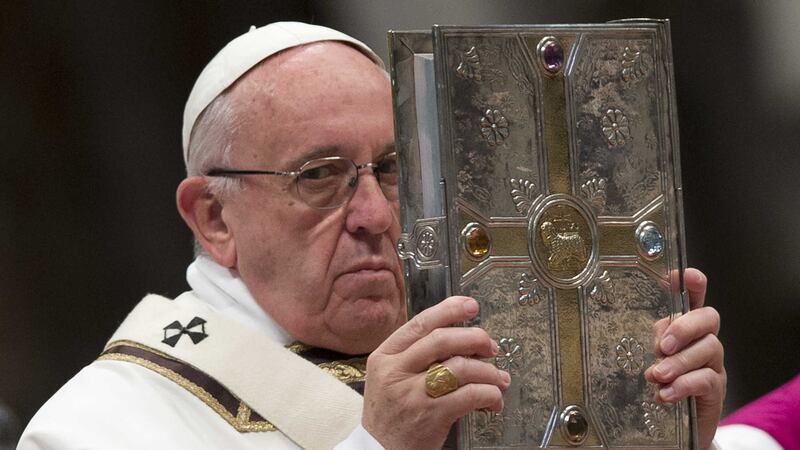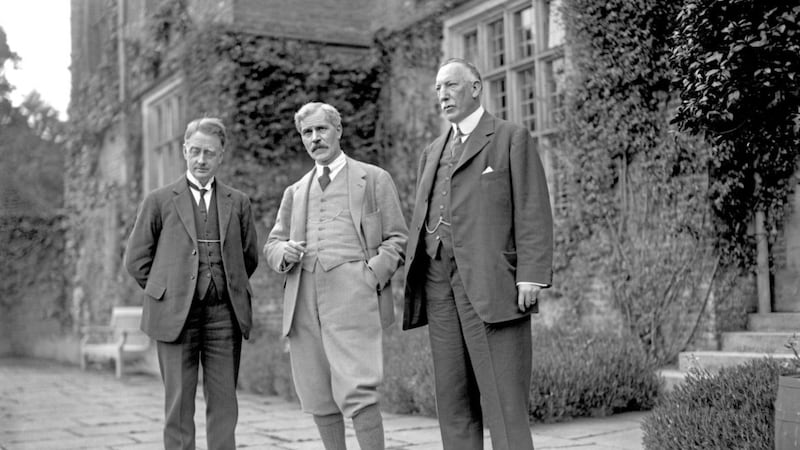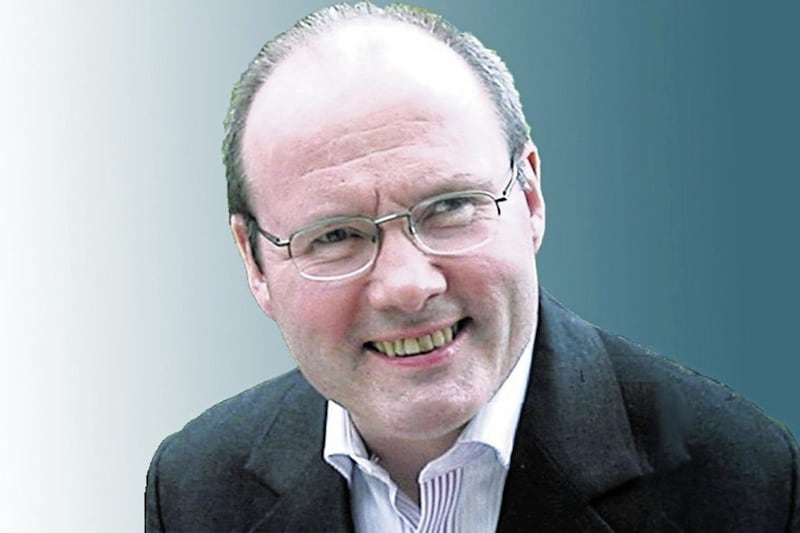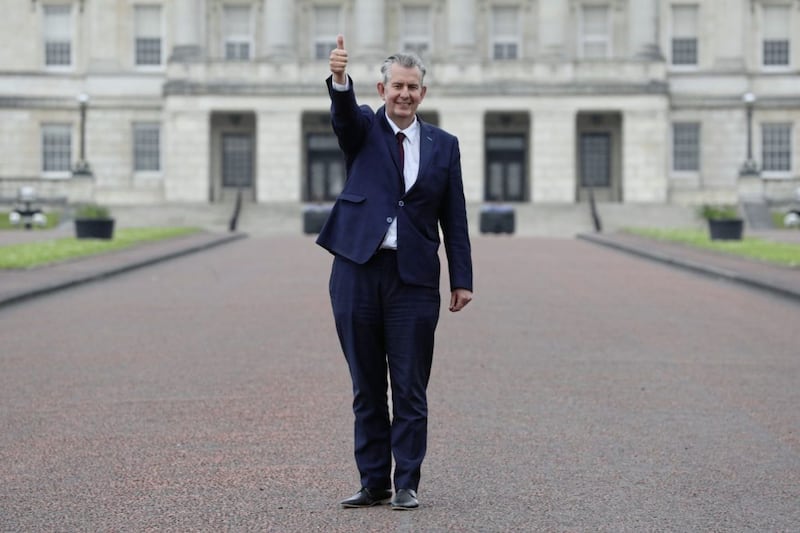GOOD Friday. It is still the most solemn day of the year here.
Not everyone may agree with the restricted pub opening today but I hear no clamour for a change in the law pertaining to Good Friday itself and the next assembly would be well advised to respect that when it considers liquor licensing reform.
Deep down there is a feeling among a great number of us on all sides that there is something sacred about Good Friday and that losing that would leave us poorer in the most important sense, the non-material.
Good Friday, the day when Christians commemorate the crucifixion and execution of their Lord and Saviour Jesus Christ, has come so quickly this year because Easter is so early.
It is one of those few days in the year, in a space such as this, that the absence of a little bit of religion would seem remiss.
It is an occasion when it is fitting to pause amid all the rushing and coming and going to reflect on some deeper things, maybe uncomfortable things we’d rather keep in our pending tray.
It is a day when there is time and space to ask questions in the strong hope and confidence that in this Jubilee Year of Mercy proclaimed by Pope Francis, the humiliated, broken, suffering Jesus on the Cross is attentive to any brokenness and suffering on our part and is listening to all regardless of where we are in our particular faith journey or in our relationship with Him.
And is offering us freely all the grace and strength we need even if we are undeserving of it.
I don’t know about you but there are some questions I am usually too busy or too distracted or too lazy to ponder on as deeply as I should.
Like? Well …. why is there something rather than nothing?
That question, famously posed by Gottfried Wilhelm Leibniz, the great German Lutheran 17th century philosopher and mathematician - and pioneer of what we would call ecumenism today – is one of the most searching and profound questions of all.
The more you think about it the more you are left in awe at the wonders of creation and drawn rationally to the conclusion that the universe could not just have suddenly jumped into existence out of nothing but must have had its origin in the work of an uncaused eternal creator whom so many of us believe to be God.
On this Good Friday there is no shortage of questions to get us thinking about the Last Things, what theologians call questions pertaining to eschatology.
Who are we?
Why are we here?
Where have we come from?
Where are we going?
How long have we got to prepare and be ready?
Who will be joining us?
Questions such as these don’t just remind us of Gay Byrne and his promo for The Meaning of Life on RTE.
They call to mind those Last Things such as Death, Judgment, Heaven, Hell, Purgatory and most crucially of all the Resurrection of the Body, things many people tend not to think about at all unless circumstances press them, let alone talk about them in public.
One refreshing exception is Chris Patten, one of the UK’s best known Catholics.
One Sunday morning about 17 years ago I recall Lord Patten of Barnes, (as he now is) looking the late David Frost in the eye on “live” BBC TV and telling him: “The most important thing in my life is the fact of the Resurrection.”
St Paul, not one of the Twelve, yet arguably the greatest Apostle without whom Christianity might never have taken off, tells us bluntly: “If there is no resurrection of the dead, Christ himself cannot have been raised, and if Christ has not been raised, then our preaching is useless and your believing it is useless” [1 Cor 15:13-14].
Talking of questions and the day that is in it it’s difficult not to recall the old Negro spiritual (as the genre is known) “Were you there when they crucified my Lord?”
The answer has to be yes because Christ is re-crucified daily with an unknown number of acts of evil, the most publicised in our part of the world recently being the murder of Adrian Ismay, who was serving this society as a prison officer and whose family is suffering unconscionably this Easter.
By virtue of the death and resurrection of Jesus we find infinite hope, endless grace and the ultimate answer to such evil.








